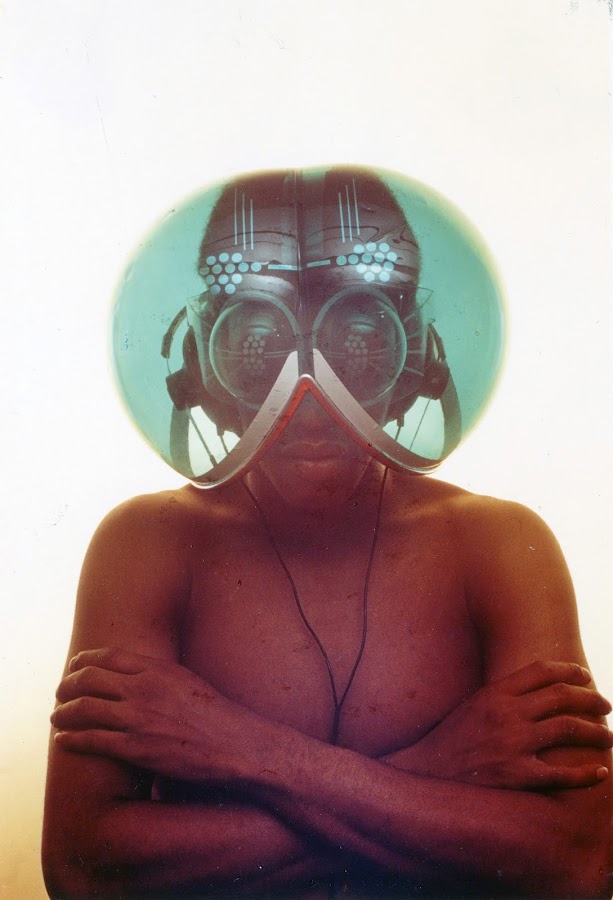Jóhannsdóttir et al. (2022) studied internalised ableism based on four focus-group sessions with young people (aged 18-35) who identified as disabled. The participants reflected on their childhood and adolescence and shared their experience that ableism made their impairment "a sensitive marker of something 'abnormal' and 'undesirable', which again made them even more aware of their (...) differences and negative portrayal in society".
I understand it; I don’t know if I would date me, with everything that comes with it. So, I understand people, even if it is not the right attitude, or maybe not very modern. I cannot get frustrated or angry with people because I understand it 100%.
In fact, having to constantly fight notions of normality, abnormality, prejudice, and stigma, dealing with people's stares, patronising comments, aggression and micoraggression led to exhaustion, anxiety, depression and isolation. Adolescence was referred to as a particularly difficult time. Some participants mentioned isolation and disconnection to be everypresent. Being treated as inferior made them feel unworthy of both love and belonging, that again reinforced shame. And shame was strongly linked to mental health issues and negative body image. A few participants considered internalised ableism to be the main barrier to their wellbing in later life.
The extent to which internalised ableism developed was mediated by family support, peer interactions, networks and safer spaces. In line with prior findings, ableism started early ... sometimes even before birth when encountering doctors. Having a disabled child is often seen as a tragedy or a burden on the family. Some parents actively fought these notions, others identified with these ideas. One participant of the focus groups said:
It’s like if you are born disabled, your parents need education on everything their child can do. Not that the doctor comes and says, “This is what is wrong, and this … and this… and this.” Too often, a grim picture of the baby’s condition is painted. When rather someone should come and say, “These are the resources available for you …. Your child can do this … and this … and this.” The focus is too often on what is wrong with the baby but not what the baby is capable of.
Gender, ethnicity, social status and other intersections also had an impact on how strongly discrimination was felt.
For me, it is complicated to discuss relationships because I am a lesbian. (…) people connected that to my disability, saying that I just knew myself as a woman. And that I did not know men. That is why, according to them, I am attracted to women because it is the only thing I know! (everyone laughs)
The lack of socialising experiences with other disabled children was discussed in a controversial manner showing that this separation might hinder young people from identifying with other disabled people.
I had a very good paediatrician who fought for me to not associate with other disabled children, that is, I would not go to a special school, not go to the summer camps for disabled children, like my brothers. And yes, I spent much more time around non‐disabled children.
I started experiencing that when I was around disabled children. I did not understand what they were going through… I did… I disregarded my disability. Mine was not as important/valid as that of others.
Summer camps for disabled children, i.e., the forced segregation experienced, for many, were ...
Just really hard summers … where we, as young children, experienced the vulnerability of other children in this place. It kind of sticks with me, this vulnerability and aloneness of the other children. We were not experiencing one another’s strengths, you know. There is a huge difference between experiencing peer support through strength and empowerment and enduring what we experienced in that summer camp.
The feeling of disconnection, unlovability, and unworthiness can result in deep shame making people internalise ableism at a young age. There are other ways.
- - - - - - - - - - - - - - - - -
- Ásta Jóhannsdóttir, Snæfríður Þóra Egilson & Freyja Haraldsdóttir (2022). Implications of internalised ableism for the health and wellbeing of disabled young people. Social Health Illn, 44(2), link
- photograph (Oksana with a leaf of cabbage from the garden of the Internat where she lives in isolation with more than 60 girls and women categorised as disabled. Pretrykhiv, Ternopil, Ukraine. 2016) by Carolyn Drake via




































